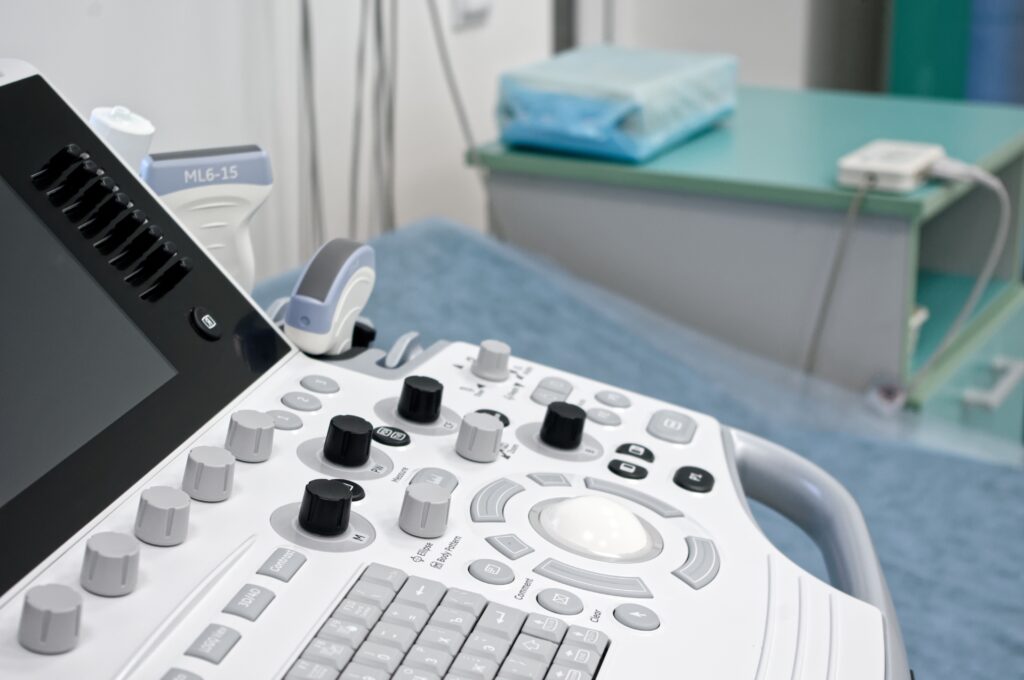A new ultrasound “helmet” has shown promise as a non-invasive alternative to deep brain stimulation (DBS) for treating Parkinson’s disease and other neurological conditions.
Developed by researchers from Oxford University and University College London, the device uses 256 ultrasound sources integrated with an MRI scanner to target brain regions with unprecedented precision—down to areas the size of a grain of rice. Unlike DBS, which requires electrodes to be surgically implanted, the helmet delivers mechanical pulses through the skull without invasive procedures.
In early tests on seven volunteers, the system accurately reached the lateral geniculate nucleus, a visual processing hub, and successfully modulated brain activity. Scientists say similar targeting of motor control areas in Parkinson’s patients could one day alleviate tremors.
The project, which took more than a decade, has been hailed as a milestone in neuroscience, with experts suggesting it could also be applied to conditions such as Tourette syndrome, Alzheimer’s, depression, chronic pain and addiction. Future refinements may even allow the helmet to be used outside MRI machines, potentially bringing treatment into patients’ homes.
Researchers are now preparing to expand trials, with hopes that the device could eventually replace invasive brain implants as a standard therapy.

